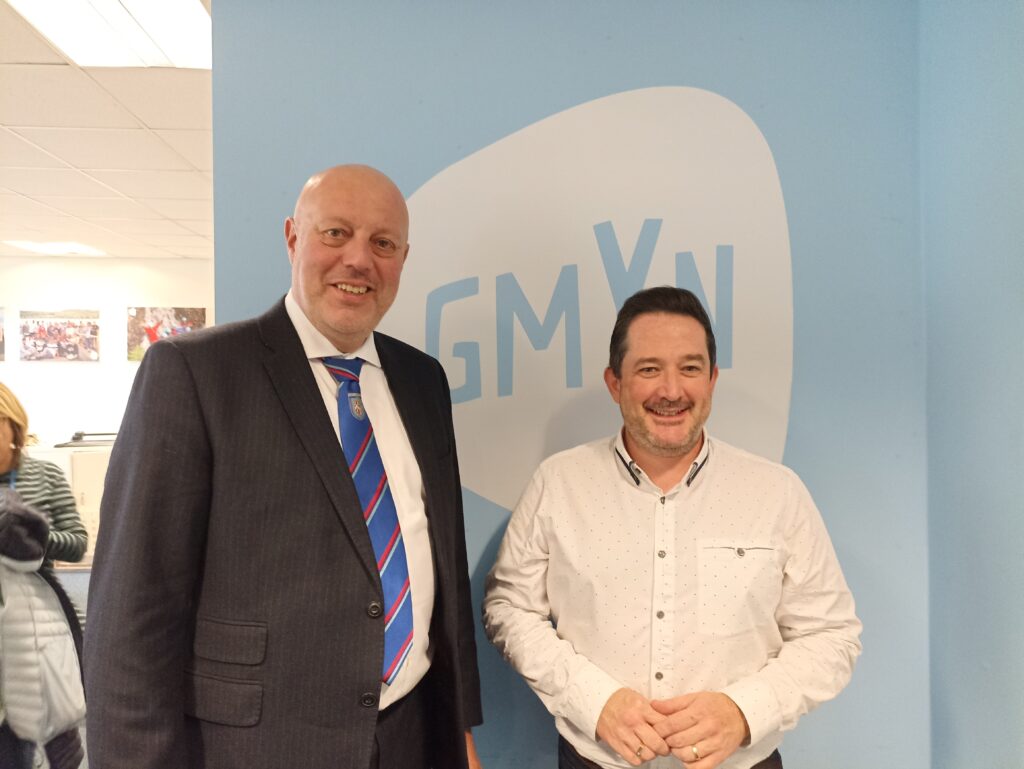Thirty children in care from across Manchester will receive long-term, consistent help and support, thanks to a major grant from East Lancashire Freemasons to the Greater Manchester Youth Network (GMYN).
This new two-year programme will offer a weekly group activity for children in care aged 10-16 to socialise, improve health and wellbeing, build confidence, and develop key skills for the future.
GMYNs goal is that young people are safe, heard, and capable of great things. Charities like this are vital to ensure young people are given every opportunity to succeed.
In Manchester, one in three children live in poverty, with children being 55 per cent more likely to be in care than the national average.
Greater Manchester Youth Network supports young people aged 10-25 from across Greater Manchester by offering innovative and exciting opportunities that build vital skills and improves their health and wellbeing.
The grant from East Lancashire Freemasons comes through the Masonic Charitable Foundation, which is funded by Freemasons, their families and friends, from across England and Wales.
Euan Davies, Programmes Manager at GMYN, said:
Were very grateful to East Lancashire Freemasons for their generous grant. Our programme offers cared-for young people the opportunity to develop connections and learn new skills in a safe, non-judgmental environment. The children will get to develop skills such as cooking, and enjoy sports, mindfulness, and arts and crafts, with social action projects to connect the young people with their community. Building on the successes of our programmes in Salford, Tameside, Bury and Oldham, were delighted to bring the benefits of this to young people in Manchester.
Paul OCarroll, Assistant Provincial Grand Master for City East based in Manchester, part of the Province of East Lancashire Freemasons, said:
I’m very pleased we have been able to help GMYN with their programme for children in care across Manchester. Many of these young people enter care due to traumatic experiences and then experience instability within the care system, being moved from placement to placement. This hugely important programme offers the consistency the children need to build self-confidence and essential skills.



Recent Comments